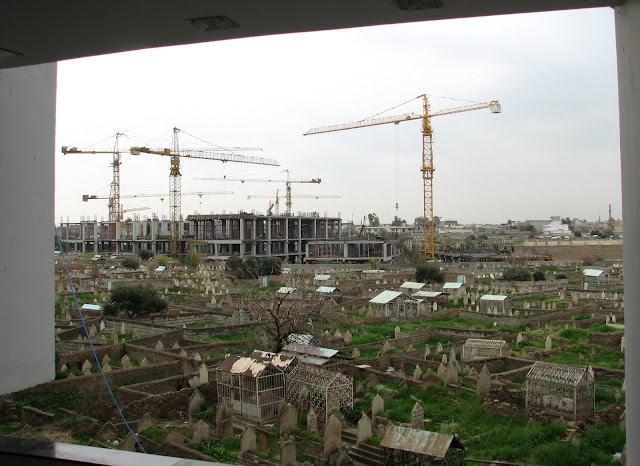Many people who see themselves as different from the most powerful political government of their country are the most active politically. A half-century ago, their efforts were to attempt armed resistance, and they lost except in Cuba and Bolivia. After the Arab Spring, new forms of resistance have spring up-- forms that Martin Luther King would approve of -- in places one might not expect. Wisconsin for one.
Powerful national governments don't like it when minorities within their borders demand liberties. There is a tendency for powers, now-a-days, to call resisters "terrorists." Iran, China, Columbia, and the illegitimate governments of Syria and Yemen all do. We do too, and so does Britain. The Uighurs in China, the PKJA in Iran, everybody except Alawaites in Syria, evrybody in Yemen, the Shining Path folks in Columbia [am I right on this one?], are all "terrorists." Our government goes along with those dictators and agrees to list opposition groups as "terrorists," with concomitant economic consequences. I suppose the impetus for our doing so rests with Bushco civil service appointees in our intelligence services, who, at least in Yemen, are doing sloppy work which hurts our country.
Here are images of the parts of "Kurdistan" described in the article. I didn't imagine so fruitful and prosperous a place:
Suleimaniya
We can not, I think, be forgiven everything.
Erbil
Indistinguishable from houses built in Mililani, Oahu, 10 years ago.
We used to have lots of cranes in Honolulu. Indeed, the crane was our state bird, for a while. Now they have all flown away. Looks as if they flew to Erbil, along with lots of our money. I wish I understood international diplomacy better than I do.
To show the close proximity to Turkey, Syria, and Iran.
_________________________________
Herat, which is next to Iran on the other side, is the richest, best-run, most honest province in Afghanistan. It is also, sorry to say, committed to the strictest form of Sharia. Don't know if proximity is relevant. I have read that six truckloads of cash with many more of arms were rushed from Iran to Herat when Ishmail Kahn, "the Duke of Herat" was at war with the Taliban.
Kahn and Karzai aren't friends (he sends no tax money to the central government), so I don't suppose we can be his friend, but I surely like him better than I like Karzai in spite of draconian religion. Here are images:
This image is from a favored blog. See it if you love pics.

































